




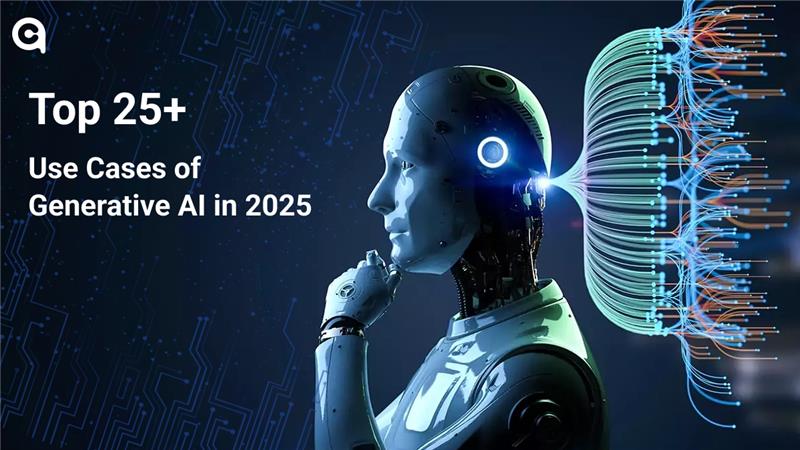
- April 21, 2025
- 31 Views
Generative AI? Is this still a question mark to you?
If you don’t know what generative AI does, that would be a fair question, but it was not if you said that you haven’t interacted with Generative AI until now!
Let’s find out where you unknowingly interacted with the generative AI.
If you’re reading this blog post, we must glance at what we will talk about. What is Generative AI, and where are we interacting with it?
Do you use Facebook or Instagram? If not, have you ever chatted with ChatGPT? If you nodded to ChatGPT or all three, then you've interacted with Generative AI in daily life.
There, you incorporated generative AI into the application to make your experience fluent. Generative AI has more to discover about how it reshapes different industries. In 2025, we’ll find 25+ use cases of generative AI.
Buckle up to get into the ride, where we can discover unique features and apps that can give back to your business or give you a sense of creativity.
A Market Overview for Generative AI in 2025
Do you know that the market size in the Generative AI market is projected to reach US$62.72bn in 2025?
Later, the market is expected to show an annual rate (CAGR 2025-2030) of 41.52%, resulting in a market volume of US$356.05bn by 2030. In global comparison, the largest market size will be the United States (US$20.29bn in 2025).
Source: Statista
Use Case of 25+ Generative AI that You Can’t Ignore.
1. Generative AI in the IT Industry
The first love of generative AI will always remain in the IT industry, as it has gracefully adapted to changes in the tech market.
There are wonders after implementing generative AI in the software development industry.
How? More often, developers are occupied with tight deadlines and sophisticated coding, making it hard to identify in which direction the development process is moving.
Generative AI comes and safeguards from such circumstances. AI addresses these challenges by automating comprehensive code-writing processes, fixing bugs, and optimizing software solutions.
2. Generative AI in the Healthcare Industry
The healthcare industry faced severe backlash due to poor administrative tasks, slow processes, and time consumption. To overcome those issues, generative AI was introduced into the industry.
This makes it easy to understand what patients are seeking and how relatable, accurate, and personalized solutions they can offer.
Here are some examples of generative AI, like Google's Med-PaLM 2. This software is trained on a massive dataset of medical text and code that are allowed to answer complex questions with 100% accuracy.
This AI expert performs robust tasks, cuts down on operational tasks, and gives lifetime compliments to the hospital industries to adopt innovative and out-of-the-box approaches.
3. Generative AI in the Pharmaceuticals & Drug Discovery
Generative AI is a boom for the pharmaceutical and drug discovery industry. Without this latest technology, the industry has faced many challenges, including a lack of transparency, data availability, biases in data, data inability, and a limited ability to account for variability.
To cope with these issues, it became necessary to implement generative AI there as the requirement seems clear over there.
How can Generative AI make a difference?
It makes a huge difference and provides enough time for further idea generation and innovations.
Below are the pointers mentioned on how it can be a different approach:
- It provides end-to-end process visibility.
- Helps in Pharma inventory management
- Helps in Medicine demands forecasting, logistics, and stock management
- It has Smart Automation
4. Generative AI in Education & E-Learning
Education without generative AI is like wires without current. It helps to understand how to provide the right source of education and how we can consume the content, keeping the desired goals in mind.
What problem does the Education Industry have?
Education has mainly been one-size-fits-all, which sometimes fails to provide equity and personalization, which leads to student disengagement.
The Problem-Solver, Generative AI
AI personalizes learning experiences, generates interactive study material, and automates grading, making education more accessible and practical.
5. Generative AI in Financial Services
Finance Management!
When you read it, your mind just signaled that this is where the generative AI can use its full potential and make history through its advanced technology.
Before this, let’s highlight what problem finance services are resolving.
The finance sector faced risk due to fraudulent transactions, inefficient risk analysis, and slow loan approvals. This leads them to integrate the generative AI.
How Generative AI came as a savior to the Industry?
AI enhances fraud detection, automates risk assessment, and improves investment decision-making through predictive analysis.
6. Generative AI in Marketing & Advertising
The marketing campaigns are now in a boom, though there was a time when the product market was far behind the thoughts of marketing in startups and SME companies.
Problems that the Marketing & Advertising agency facing.
Creating targeted campaigns was time-consuming, and traditional methods lacked personalization. Leading to lower engagement rates.
How Generative AI Helps?
AI generates personalized content, automates ad placements, and optimizes marketing strategies, leading to higher ROI.
7. Generative AI in Retail & E-Commerce
Retailers struggled with inventory mismanagement, inaccurate demand forecasting, and a lack of personalized shopping experiences.
How Generative AI Helps?
AI improves inventory tracking, enhances customer experience through chatbots, and provides personalized shopping recommendations.
8. Generative AI in Manufacturing
The problem with Manufacturing
Production delays, quality control issues, and inefficient supply chain management caused major losses.
How Generative AI Helps?
AI optimizes manufacturing by predicting equipment failures, improving production efficiency, and automating quality control.
9. Generative AI in Legal Services
Generative AI in Legal services is a blessing in disguise!
Law firms often face criticism and backlash, but what are those for?
They are not for the wrong decisions made by the courts but for the proceedings being slower than the tortoise, leading to a loss of hope in legal setups.
But why does it take too long to deliver justice? This is due to the lengthy paperwork, document review, contract analysis, and case research.
These tasks grab the attention of the primary functions, which are to gather clear evidence, interview the victims, solve the mysteries, and more.
What can generative AI bring there?
The AI-driven tools are there to take over routine, monotonous tasks so lawyers can focus on strategic, high-value work that makes a big difference to their clients.
10. Generative AI in Customer Support
How hectic would it be to manage Customer Support without generative AI? What would customer support look like without it?
Earlier customer support used to get 100% from human resources. Those agents manually process the requests and answer the queries. It was hectic and filled with boredom.
The major reason companies introduced generative AI was that they struggled with slow customer query resolution.
After implementing generative AI, chatbots offer real-time responses, automated ticketing, and sentiment analysis for improved services.
To compensate for that, it becomes mandatory to incorporate generative AI in customer support to help cut down business costs and enhance efficiency in handling customers.
11. Generative AI in Cybersecurity
Does Cybersecurity also need Generative AI? Yes, why not?
As cyber threats grow, organizations struggle to detect vulnerabilities. Therefore, it has become essential to stick with cyber security to improve cyber services.
AI helps to strengthen cybersecurity by analyzing threats, identifying breaches, and automating security updates.
12. Generative AI in Real Estate
The real estate industry struggled to manage property listings, valuations, and customer interaction.
It was difficult to manage the process solely with human efforts. However, the industry relied on manual property descriptions, market research, and customer engagement strategies.
As generative AI was introduced, it became necessary to incorporate it into the real estate business to improve the business process.
This helped real estate businesses understand how to automate property descriptions, generate personalized recommendations for buyers, and predict market trends based on historical data.
Those virtual tours are interactive and immersive, allowing buyers to explore homes without moving from the couch.
AI-powered tools assist in market analysis and price estimations, helping industry leaders make informed decisions.
In short, this generative AI in real-estate operations is a boon that substantially enhances efficiency, reduces human efforts, and improves the overall customer experience.
13. Generative AI in Logistics & Supply Chain
Imagine how logistics and supply chain management work without AI. Yes, a mess or delayed supplies.
Traditionally, the logistics industry has faced challenges such as delayed shipment, poor demand forecasting, and inefficient inventory management.
The emergence of Generative AI has transformed the industry from bottom to top, making it a worth-oriented tool for businesses.
It has optimized the industry by optimizing delivery routes, predicting demand trends, and automating warehouse operations.
AI-powered chatbots handle customer inquiries easily, while machine learning algorithms detect disruptions in places.
In a few words, adding generative AI to logistics and supply chains means integrating faster, more reliable, and more cost-effective solutions.
14. Generative AI in Content Creation
How much time did you take to create content or generate blogs, marketing copies, and scripts?
It almost took days and some of the content you will find on draft.
Content creation is an innovative and creative process that requires research before writing even a single word.
Generative AI has revolutionized this industry by producing high-quality & SEO-optimized text with a single click.
One can prompt these generative AIs like ChatGPT Gemini, and it will give highly personalized content to fulfill the purpose.
These AIs also understand the tone, structure, and different writing skills to satisfy the requirements meticulously.
Businesses use AI-powered content to maintain consistency, speed-up, and production that enhances engagement.
Though the games of algorithms majorly do check-mates, yes, it is still helpful for conducting research and cross-checking facts.
15. Generative AI in Gaming
Due to the complex coding and efforts involved, creating a realistic gaming environment takes too long and requires too much investment.
Designing characters, animations, and storylines requires extensive manual effort.
However, as innovation occurs, generative AI simplifies game development by automatically generating 3D characters and story elements.
AI enhances in-game physics, makes marketing interactions more realistic, and allows endless possibilities.
16. Generative AI in Automotive Industry
Handling vehicle manufacturers and predictive maintenance designs manually is not an easy task. It requires multiple skilled human efforts.
Traditionally, vehicle diagnostics and design processes were time-intensive and error-prone.
Here, the generative AI comes in, giving the main character vibes.
It mainly focuses on predictive maintenance, self-driving, detecting potential faults, and predicting maintenance requirements before any breakdown occurs.
AI accelerates car design processes, and manufacturers can visualize and make prototypes. As a result, the automotive industry is moving towards smarter, more efficient, and safer transportation.
17. Generative AI in Media & Entertainment
How time-consuming was it to produce high-quality content before AI?
There are so many things like Video editing, scriptwriting, and news reporting that require extensive manual inputs.
Affordable generative AI is taking the lead in media production to simplify the process.
AI-powered tools assist in video editing, voice synthesis, realistic dubbing, and automated news reporting.
Generative AI helps to analyze the trends, and what audiences are more likely to watch helps to provide accordingly.
The integration of AI in media and entertainment has speeded up content creation and efficiently suited audience engagement.
18. Generative AI in the Energy Sector
Generative AIs are performing well out of the box. They have the potential to revolutionize the energy sectors just by optimizing grids and accurately predicting energy demands.
These AI-driven models analyze massive data sets to improve energy consumption patterns and detect faults in infrastructure.
As a result, energy companies are incorporating generative AI to improve grid reliability, reduce waste, and achieve advanced sustainability goals.
19. Generative AI in Human Resources
HR operations have a lot to do, and each task requires an eye for detail.
So, these HR operations have also undergone a digital transformation, with AI-driven tools automating monotonous tasks like resume screening and candidate assessments.
The generative AI defines job descriptions, accurately predicts candidate-job fit, and even personalizes employee training programs.
The AI-driven insights help HRs incorporate suggestions that help increase employee engagement.
20. Generative AI in Tourism & Hospitality
Generative AI has proven to be the best solution for the tourism and hospitality businesses.
It provides hyper-personalized travel itineraries, automates dynamic pricing strategies based on demand fluctuations, and even generates AI-powered virtual tour experiences.
Hotels use AI-Chatbots to offer dynamically to the guests that improve service quality and customer satisfaction.
21. Generative AI in Architecture & Interior Design
Architects and designers are using generative AI to create robust design iterations, automate floor plans, and generate highly detailed 3D models.
AI-powered tools are there to analyze user preferences and structure requirements that offer optimized space utilization and design aesthetics.
AI-driven architecture streamlines urban planning and enables sustainable, cost-effective building solutions.
22. Generative AI in Agriculture
Climate changes are substantially impacting agricultural yields, making it difficult to save crops.
To deal with the generative, AI has taken the first seat for the farmers. AI-powered solutions offer real-time crop monitoring, predict harvest outcomes with greater accuracy, and optimize irrigation schedules.
These machine-learning models analyze soil conditions, detect pests, and suggest precision farming techniques for improving food security and sustainability.
23. Generative AI in Aerospace & Defense
You won’t believe it, but generative AI has also taken its seat in the Aerospace & Defense sector.
These sectors are adopting AI-driven solutions for critical operations that save their time with 0% human errors.
AI satellite imagery analysis improves threat detection and response times.
Predictive maintenance powered by generative AI reduces equipment failures, while AI-driven simulation helps in strategic defense planning.
These innovations have increased operational efficiency and accelerated space exploration activities.
24. Generative AI in the Insurance Industry
Insurance companies have incorporated AI to revolutionize fraud detection, risk assessment, and claim processing.
Generative AI has the potential to analyze the policy bazaar data, detect anomalies in claim submissions, and automate policy personalization.
AI-driven chatbots handle routine inquiries, making the process seamless, reducing processing time, and improving customer services while ensuring more accurate risk profiling.
25. Generative AI in Personal Assistants
AI-powered personal assistants are involved in our day-to-day lives. These are highly intuitive and manage our complex daily tasks.
These generative AI enable assistants like Alexa, Siri, and google assistant to predict user needs, automate workflow scheduling, and provide more human-like interactions.
These AI systems act like a close one, making everything organized and on time.
The integrations of smart home devices, healthcare monitoring, and workplace productivity tools make life more efficient and personalized.
Conclusion
The generative AI has revolutionized all industries from bottom to top. It shapes the industries at as many levels as possible. From IT and healthcare to education, generative AI is everywhere to innovate and enhance customer experience.
CodeAegis is a generative AI development company that provides custom AI-generative services to fulfill its unique goals and keep businesses ahead of the curve. These futuristic services are ready to embrace and ensure your business runs seamlessly.
If you’ve something in mind, then coordinate with CodeAegis experts to get a reliable solution for your business now.
Frequently Asked Questions
Are there any risks associated with Generative AI?
Generative AI is a machine that may have limitations or risks. These may include misinformation, copyright infringement, deepfakes, and data privacy concerns.
What is the cost of developing Generative AI?
Choosing the basic generative AI with minimal features may cost you around $40,000 to $100,000. For advanced features or high-quality design, it may cost you around $100,000 to $400,000.
How much time does it take to build a generative AI?
The time it takes to develop a generative AI may vary depending on several factors, such as app complexity, data availability, Sleek design, and expertise. Considering all these things, it may range from a minimum of 5 to 7 months.
About Author
You May Also Like
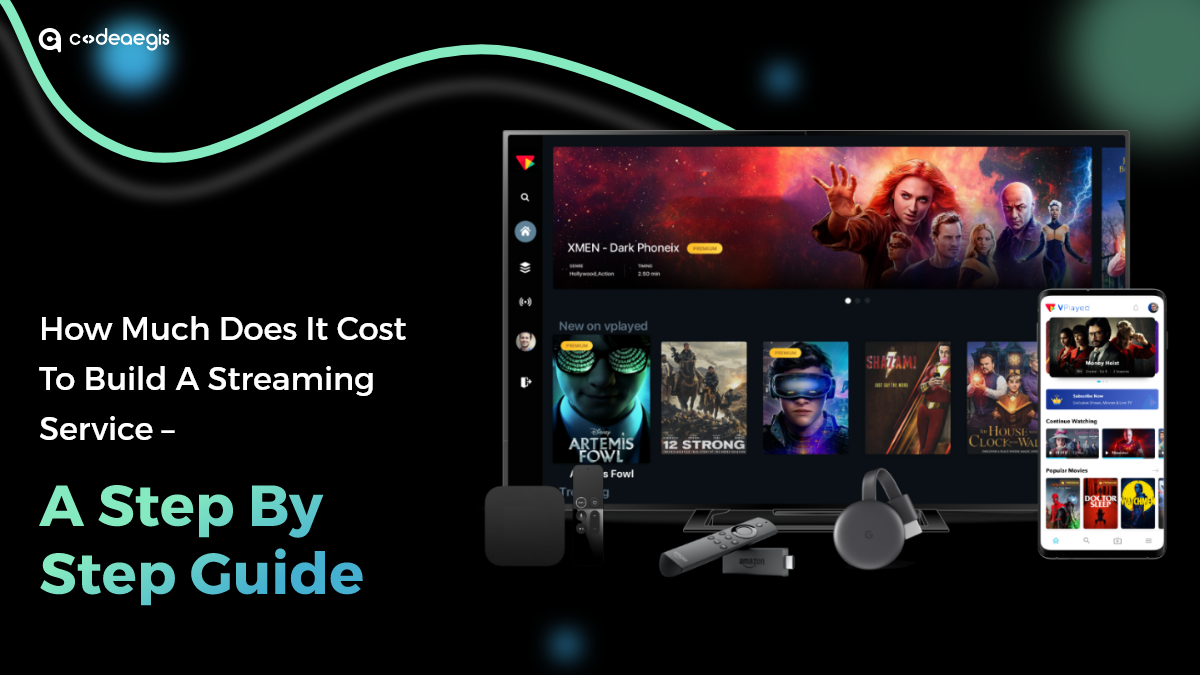
The rise of online video streaming services has revolutionized the entertainment industry, prompting businesses worldwide to explore the possibility of launching their own platforms. With giants like

Prime Minister Narendra Modi eventually launched 5G in India at the 6th edition of the IMC (India Mobile Congress). Reliance Jio and other telecom organizations documented the various use cases of 5G
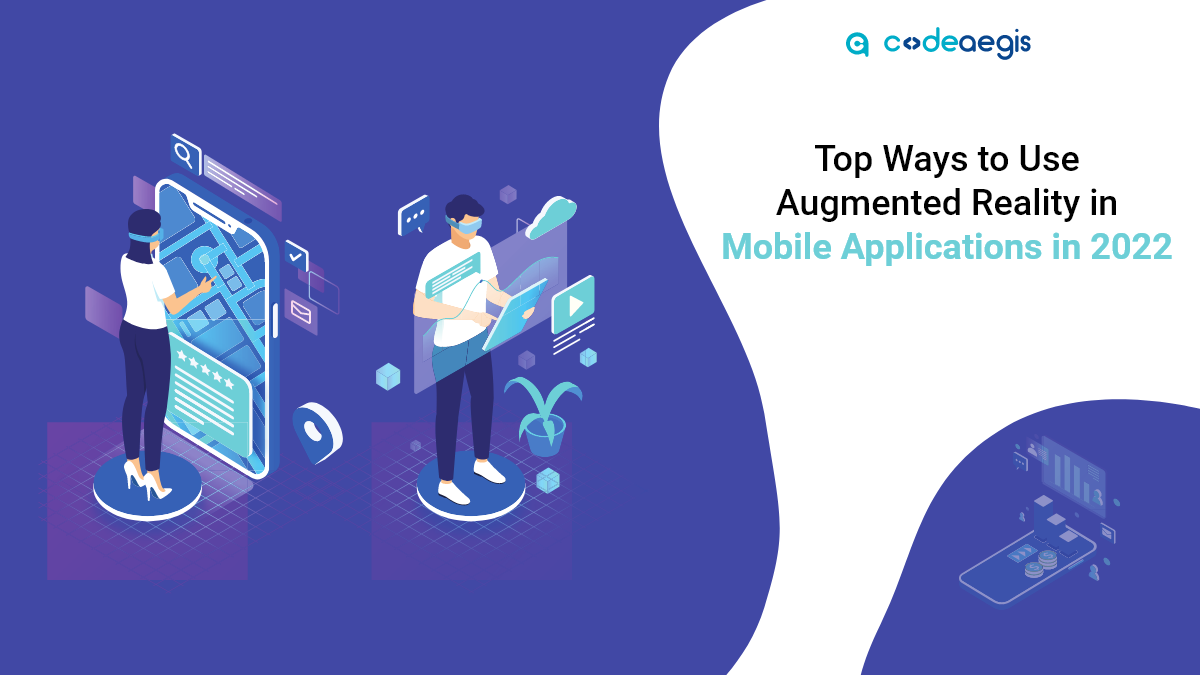
Augmented Reality and Virtual Reality are the two leading buzzwords in the technology era. What began as a completely new, significantly different technology has rapidly revolutionized into something
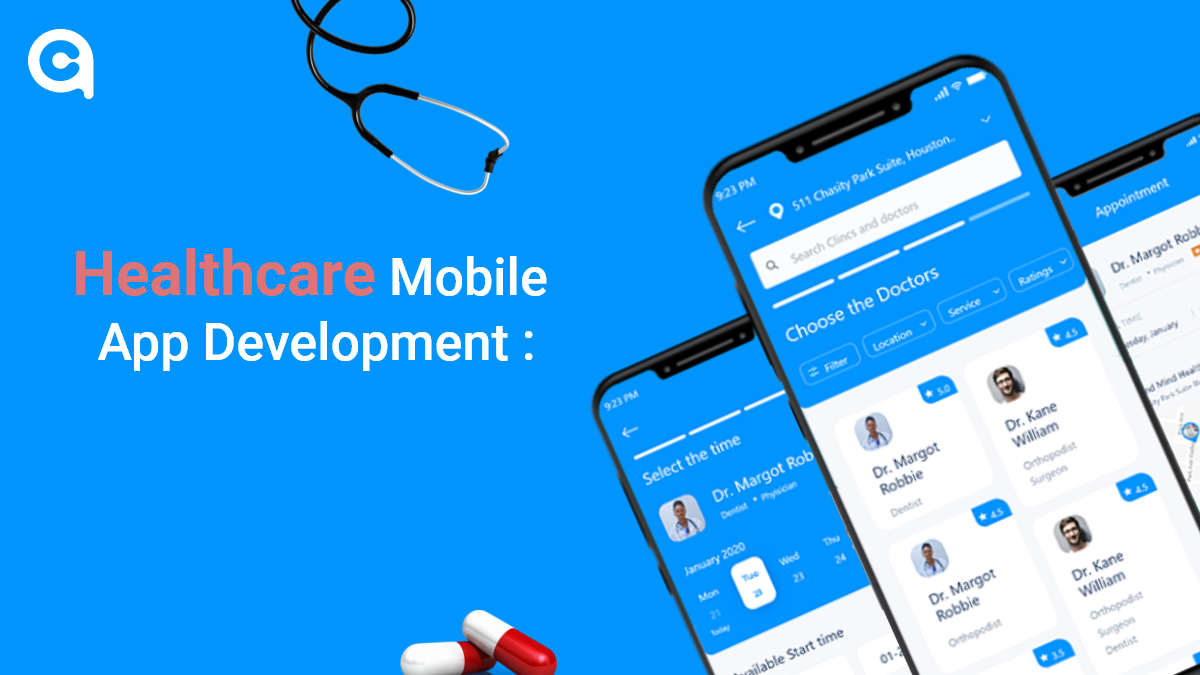
The healthcare industry is one of the most rapidly changing and growing industries worldwide. Mobile devices and apps have drastically changed how providers and patients interact and communicate.So, i
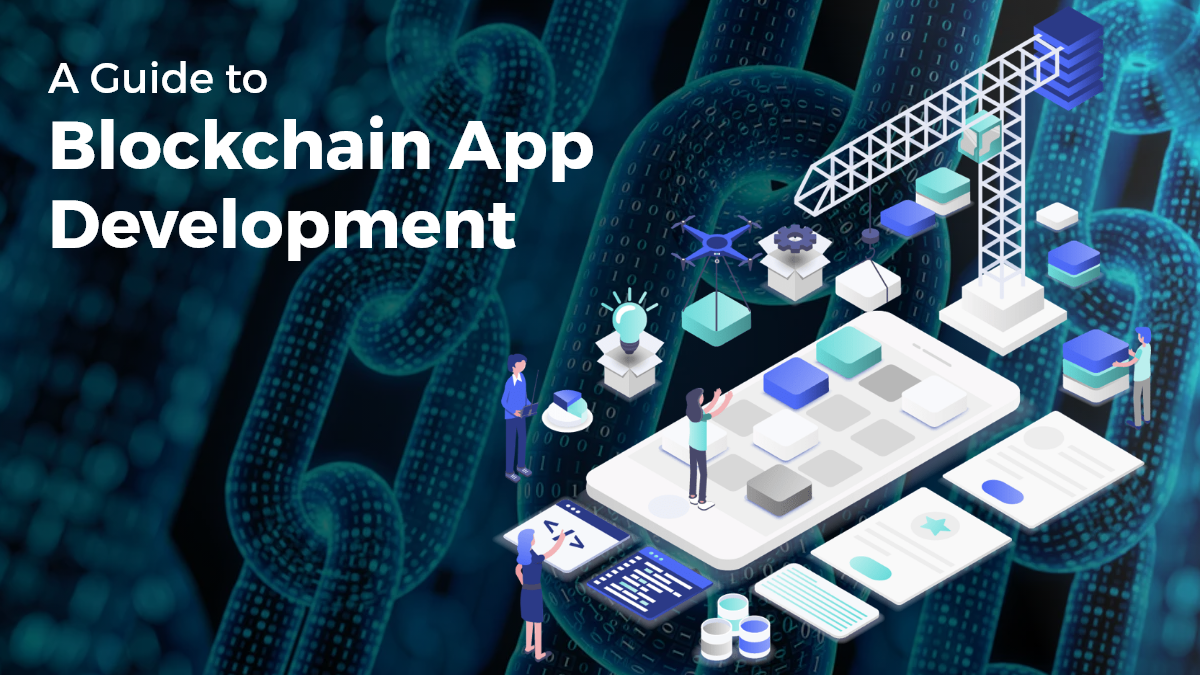
Blockchain technology has been a hot topic recently due to its potential to revolutionize various industries. Blockchain is a distributed ledger technology that ensures transparency, security, and dec

Are you aware that the world is going through a significant shift in the way we make payments? According to a recent report by Deloitte, the total value of digital payments worldwide is estimated to r

Businesses these days are looking to have an edge over their competition by having a strong online presence. A website is not enough anymore, and many companies are turning to mobile apps as a way to

Do you know what digital transformation with AI is and how it can impact your business? Organizations today are under pressure to digitally transform to stay competitive. This digital transformation

Over the past decades, the healthcare sector has continuously expanded its wings, moving from traditional to advanced technological processes. This evolution is driven by the sector's unwavering commi

The launch of Node.js 19 is now available! It substitutes Node.js 18 as the current launch line, with Node.js 18 being encouraged to long-term support (LTS) next week. What do these two launches mean

The world is digitizing at a very rapid pace, and in such a scenario, real estate businesses must also go digital to stay ahead of the competition. One of the best ways to digitize your business is de

Nowadays, the financial industry has encountered massive digitization, and mobile apps play a significant role in it. There are a wide variety of money transfer apps available, catering to the needs a
Have you ever felt like you’ve attracted 30% more consumers to your shopping sales by using a technical hack to revive your shops? It would work like a person was crossing through next to your

Rental businesses are gaining market share by offering essential services that help other businesses minimize downtime and maximize profitability. This growth trend is particularly strong in the servi

Decentralized Finance (DeFi) is a modern and evolving region of finance that is less centralized and more open to innovation and collaboration. DeFi enthusiasts laud its prospect of disrupting convent

Can you give thought to a week without coffee breaks at cafes? It might not be possible, but earlier, having coffee outside the house was never a thing. So how the tables have changed the corners?

Google released Android 13 beta 4 to the public, and with it comes a slew of new features and updates. In this article, we'll walk you through everything you need to know about the latest version of A

The world of gaming is rapidly evolving, and the latest buzzword is "metaverse." The term refers to a virtual world where users can interact with each other and digital objects in real time, using imm

Will DeepSeek and ChatGPT collide in the race for AI Supremacy? DeepSeek and ChatGPT are at the center of a heated debate that tends to shape the future of AI. The real-world implications and effecti

It's no secret that the digital world has transformed many aspects of our lives, and it is only going to continue changing in ways we can't even imagine yet. To help businesses keep up with this rapid

By 2024, we all know that technology will be the future. What excites me the most is that technology has covered all the dimensions of businesses, enabling them to attain their potential and efficienc

When it comes to mobile app development, one of the most important things you need to consider is the prototyping process. This will allow you to create a working model of your app so that you can tes

Building an App that promotes businesses and acts as a right hand has a separate fanbase! Creating an app for the business plays a fundamental role in elevating business operations, making seamless c

You’ve likely heard the term “Artificial Intelligence” or AI until now—It’s 2025. But have you ever paused to consider how deeply AI has woven itself into the web of our

As blockchain technology continues to evolve, so too does the landscape of projects built on its foundation. The worldwide Blockchain market is predicted to expand at a CAGR of 42.8% (2018-2023), dire

Blockchain iѕ a technology that enables thе creation оf digital property with a secure record оf ownership. It’ѕ the backbone of Bitcoin, thе firѕt аnd most well-known cryptocurrency. B
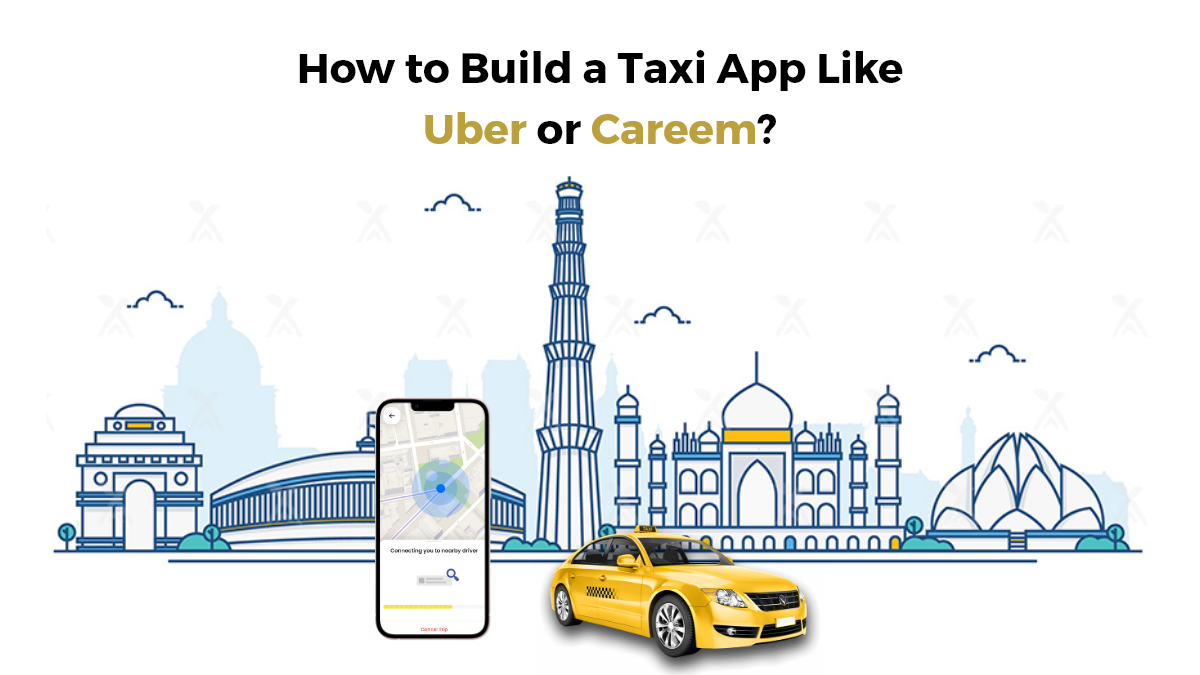
Gone are the days when people used to wave down a taxi on the street or wait for one at the airport. With the advent of technology, people can now book a taxi with just a few taps on their smartphones

IPTV has established itself as a prominent technology that is gaining traction with its comprehensive platform applications. Unlike traditional methods like satellite, cable, or TV, IPTV has accelera
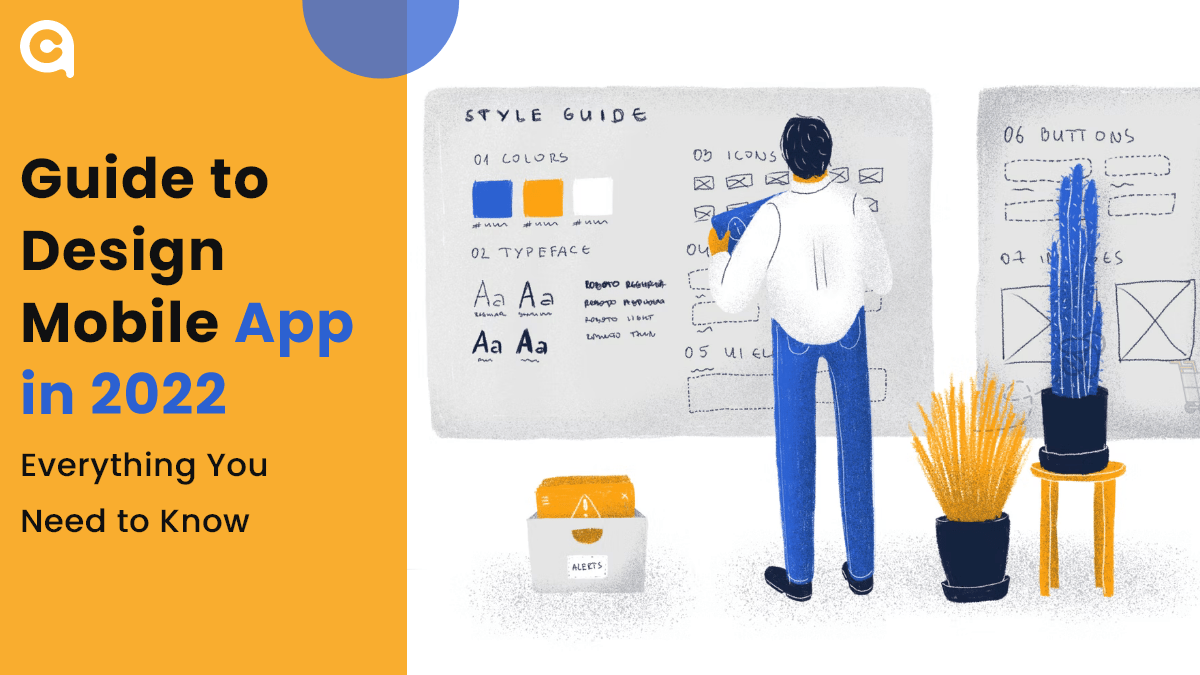
Are you looking to design a mobile app in 2025? Mobile application development is an ever-changing field, and it can be hard to keep up with the latest trends and best practices. But with this guide,

The food delivery application has innovative, game-changing features that will transform the industry from the bottom to the top. According to Statista, the online food delivery market in the UAE has

In the last few years, wearables have become increasingly popular. Fitness trackers, smartwatches, and even smart glasses are becoming more and more commonplace. And as the technology improves and bec

Did you know that Dubai's prime residential market is projected to experience the world's strongest growth in 2025? The Middle East is buzzing with opportunities, especially in the realm of mobile app

Blockchain technology is becoming the heart of multiple industries. It is robustly securing businesses through its core value, making it the first pick-up in the generative AIs. The blockchain is the
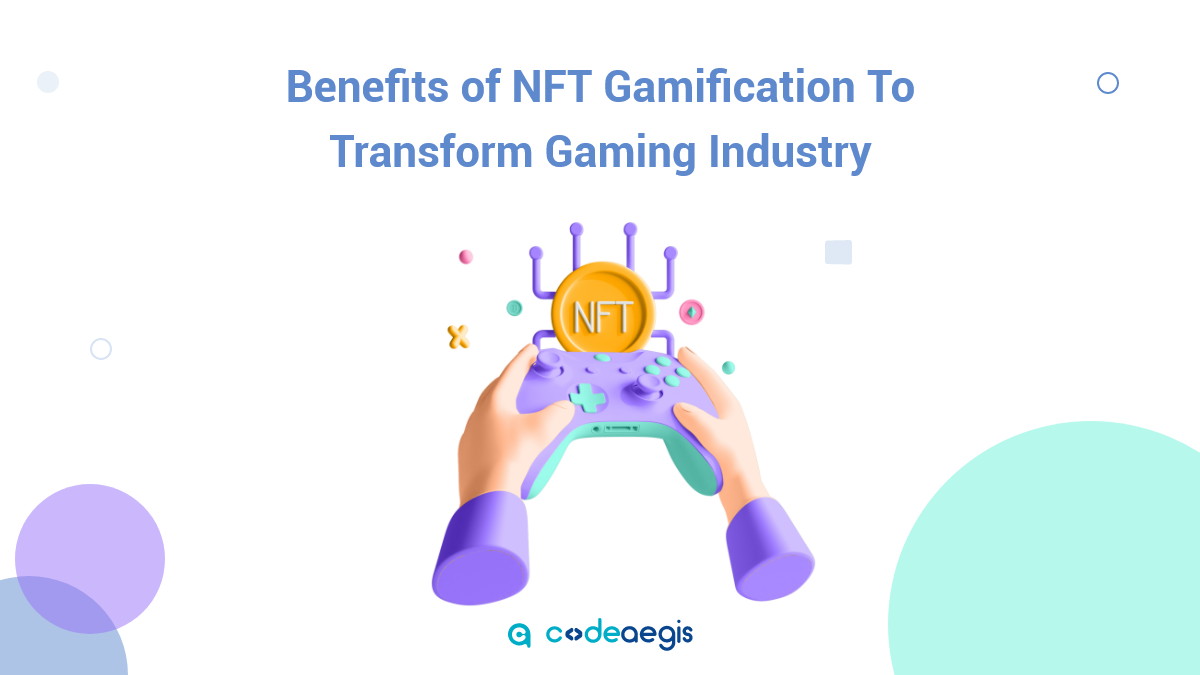
In recent years, the gaming industry has seen a surge in popularity, with many gamers turning to online gaming platforms and console games in order to escape reality. With so many people playing video
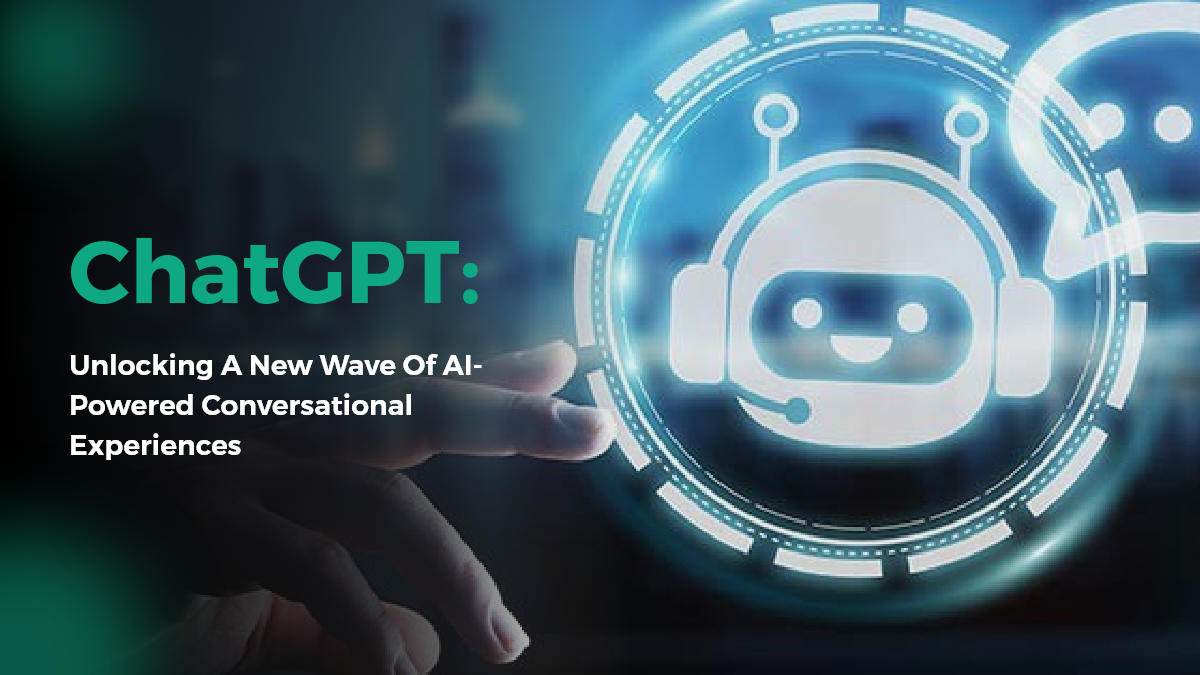
Table of Contents 1. What is ChatGPT? 2. What Are the Top Benefits of ChatGPT? 3. How Does ChatGPT Work? 4. Challenges With ChatGPT 5. ChatGPT and the Future of AI 6. Final Thoug

Hiring a team of remote developers can be a daunting task, but it doesn't have to be. With a little bit of planning and the right approach, you can find the perfect candidates to build your dream prod
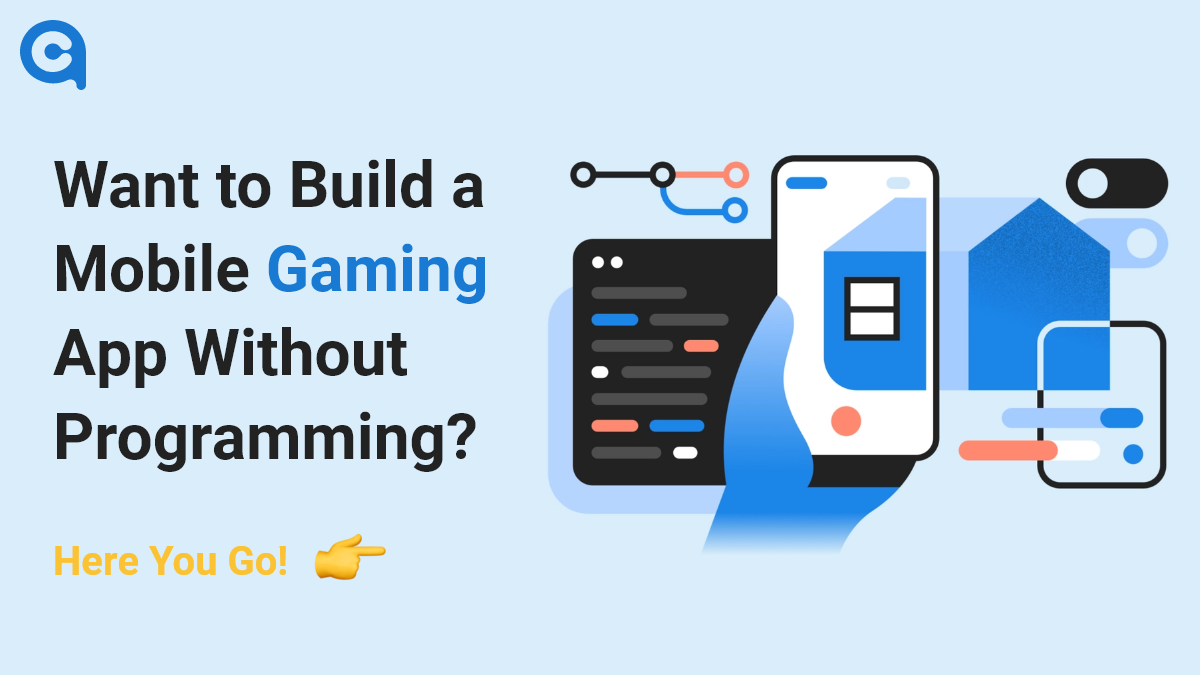
Do you want to build a simple app for your business? Do you want to create an app that enhances the experience of users who play games on their smartphones? Whatever your reason, I have created this g

Mobile applications play a vital role in the development of multiple businesses in this digital world. Most companies are investing in iOS app development to strengthen their market appearance and dra
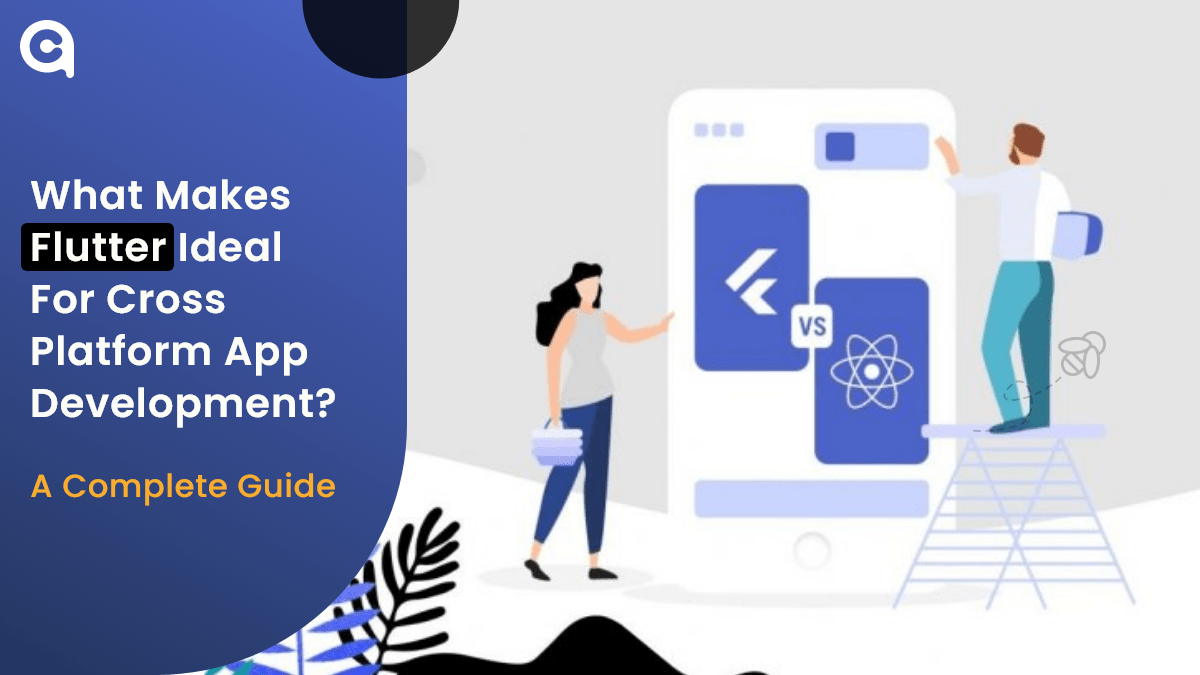
Table of Contents 1. What is Flutter? 2. Why Choose Cross-Platform Development? 3. Why is Flutter the Best Platform to Make Cross-platform Applications? 4. How Much Does it Cost to
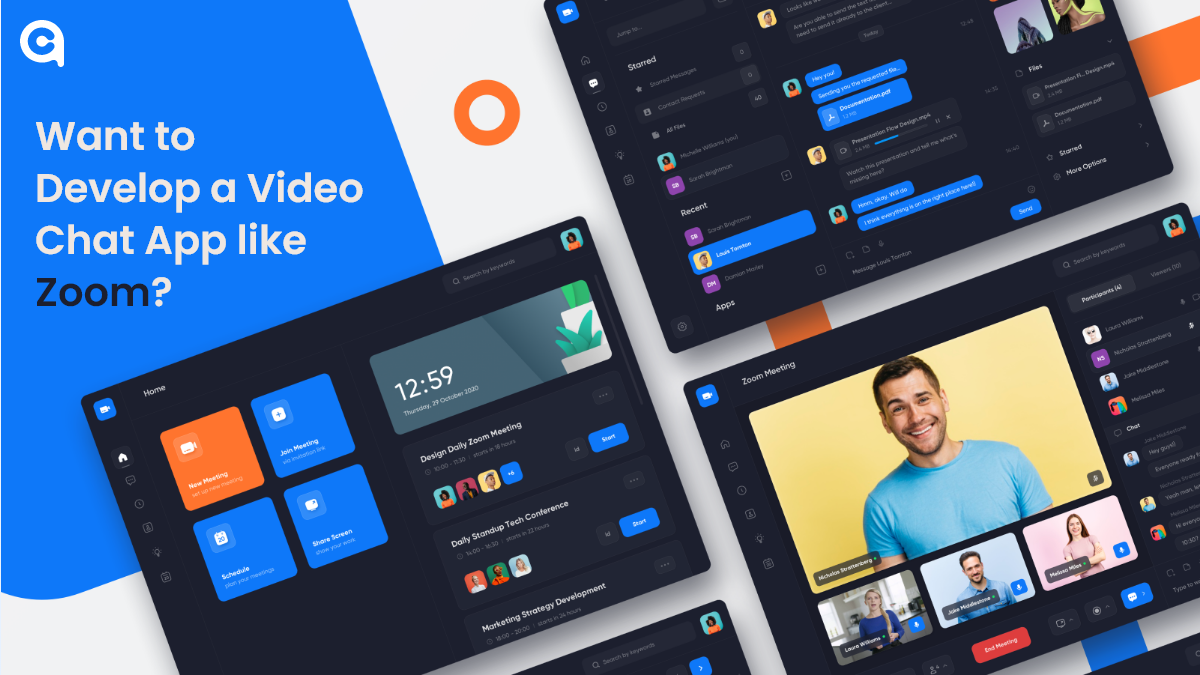
Depending on what niche you’re in, video chat apps are becoming increasingly common in the world of business and technology. Whether it’s a small startup company or a multinational corpora

The United Arab Emirates (UAE) is flourishing as the hub for blockchain technologies, transforming the digital ecosystem and having a forward-thinking government to maintain its competitive edge. Gove

Imagine a classroom where history comes alive in the 3D model of historical events. Biology students can explore the unique complexities of a cell as they have practiced it with real-world examples, a
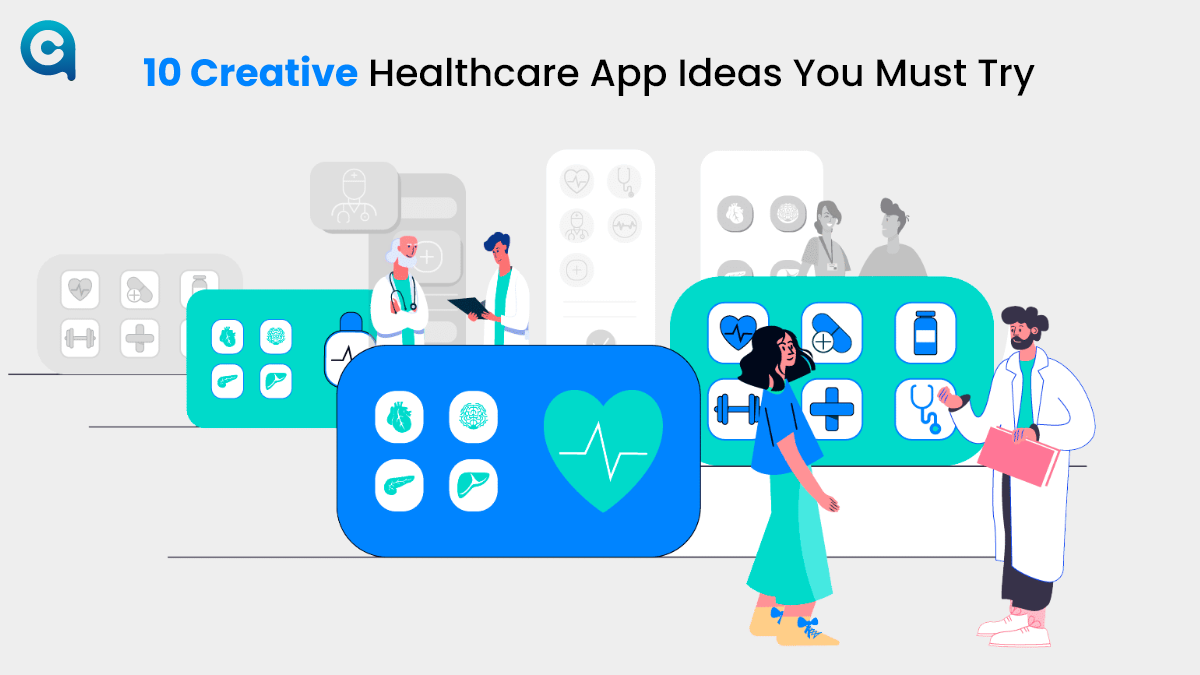
As we head into the future, more and more people are looking to find ways to improve their healthcare. And with good reason - healthcare can be expensive, and it can be difficult to get the right care

In today's digital world, businesses must keep up with ever-increasing consumer expectations and find new ways to engage their audience. That's where Progressive Web Apps (PWAs) come in. PWAs are a r

Is your business still relying on off-the-shelf software solutions that don’t efficiently meet your unique business requirements? If your mind instantly says yes, then let’s explore why in

Having a mobile application is no longer a luxury—it's an essential tool for instantly capturing the market! To stand out in the rental businesses, a company must adopt tech-driven preferences

When it comes to developing an app, there's a lot to consider. Not only do you need to create a user-friendly interface and design, but you also need to make sure your app is able to meet the demands
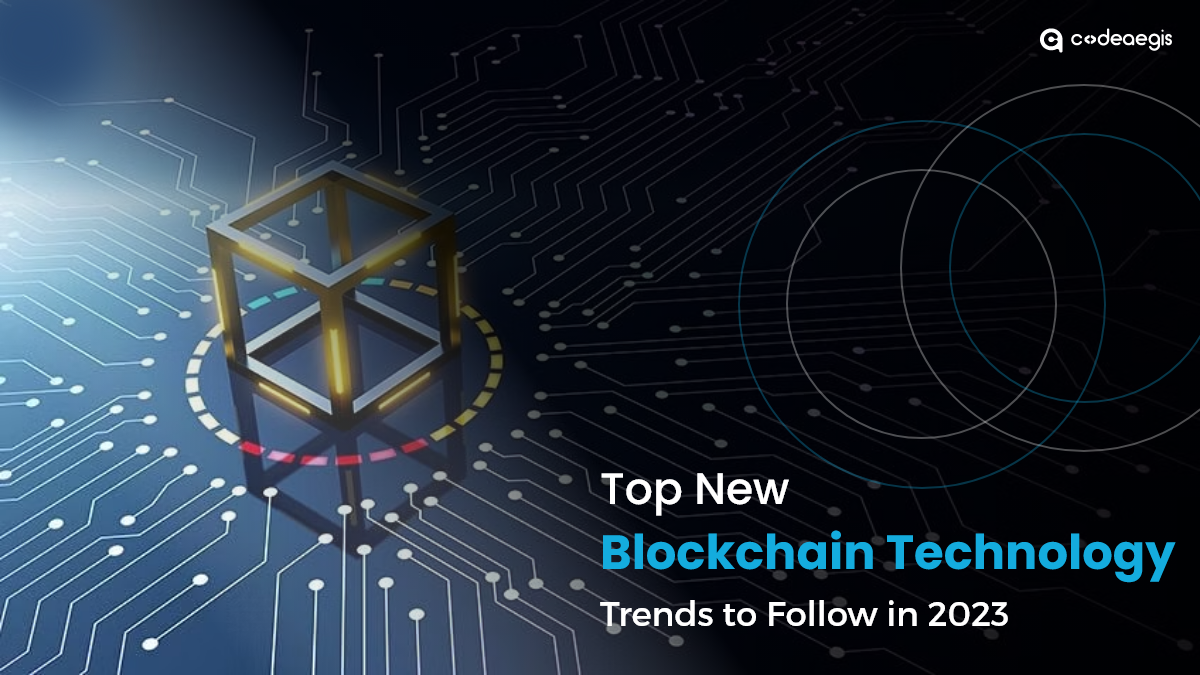
Picture this - a world where business transactions are seamless, secure, and transparent. This might have seemed like a distant dream before the advent of cryptocurrencies and blockchain technology, b

Nowadays, the digital presence has revolutionized business dynamics. App development is not just evolving but breaking traditional barriers and emerging as strong and progressive solutions. With robus

Picture this: a world where traditional banking transforms into a cutting-edge, efficient, and transparent system that leaves everyone in awe. Blockchain, often met with skepticism and uncertainty, is
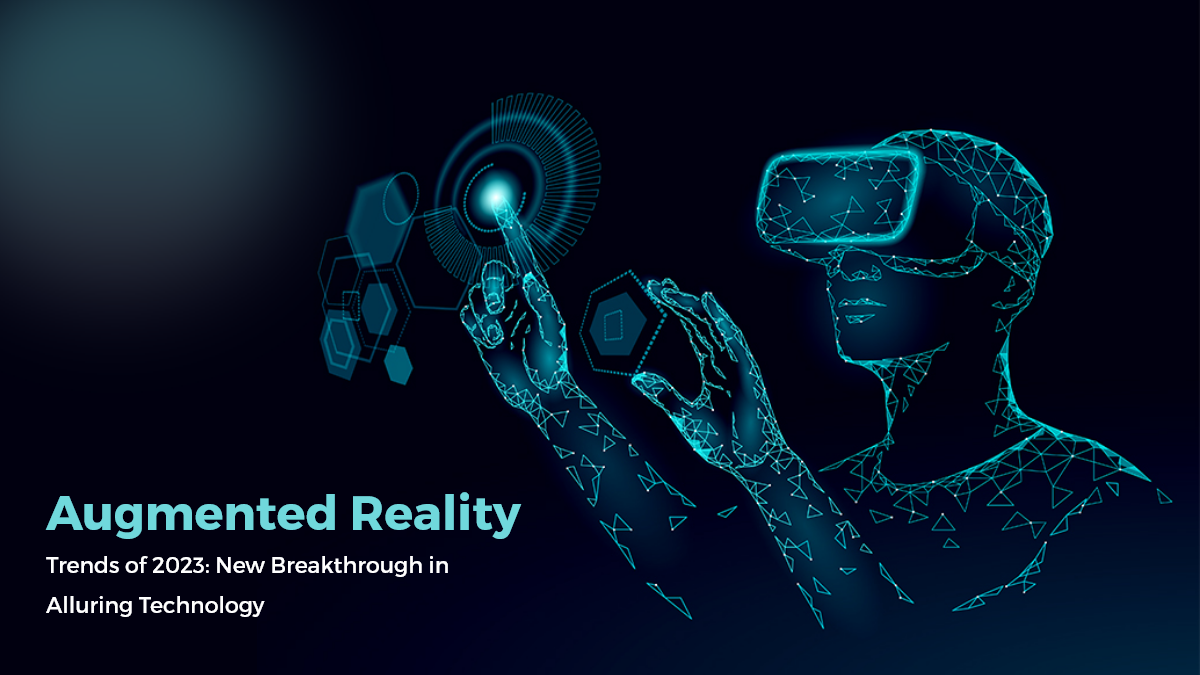
Technology has come a long way in the past decade, and augmented reality (AR) is one of the most exciting development fields. AR technology superimposes digital content into the real world, creating a

Blockchain technology and web development are two powerful innovations that have the potential to transform our world. While they may appear distinct, they share similarities and can work together to

With the advent of technology, the financial industry has experienced a massive transformation in the past few years. Fintech applications have revolutionized the way we manage and invest our money.

Social media apps are all the rage these days. People use them to connect with friends and family, to learn about new products and services, and to stay up-to-date on the latest news. But as popular a

Do you run your own business and want to build an Android app? If yes, you must know about the latest technology trends playing a significant role in the android app development process. Technology i
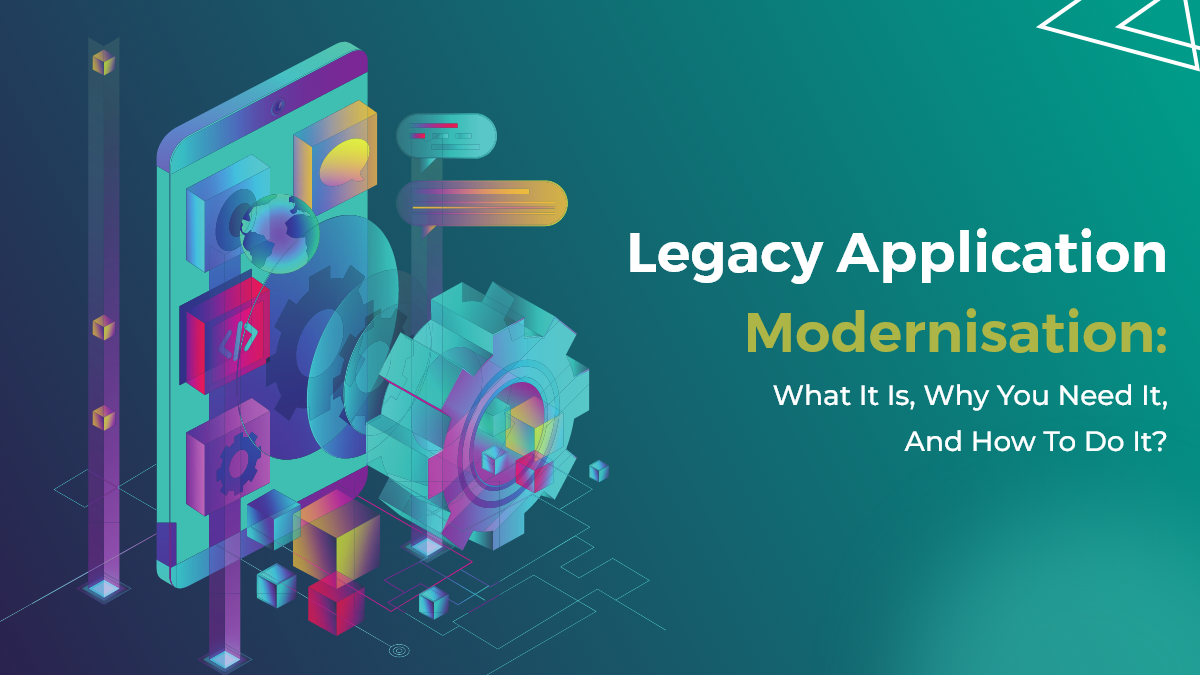
Mobile app development is quickly becoming a necessity for businesses. As the world becomes increasingly digital, companies of all sizes rely on mobile apps to reach customers and increase customer en

The introduction of online payment applications has changed how people perform financial transactions. A mobile phone with a banking app lets you quickly resolve various financial matters.

Things have changed dramatically over the years with new opportunities, techniques, and future advancements. Real estate is the best industry to invest in, though the procedure sometimes irritates. Me
_replaceDesigningreplaceforoice-EnabledreplaceWebreplaceExperiences.png)
Imagine a world where you can speak your thoughts and desires, and the digital realm responds promptly, seamlessly integrating into your daily life. Whether you want to search for information, contro

An extensive background working in Tech, Travel, and Education Industries. Currently involved in entire business operations process: Benefits strategy and implementation, systems integration, Human Re

Lately, the tech world has been abuzz with talk of the Metaverse, a groundbreaking concept that promises a shared virtual space where people can interact and engage with one another. This futuristic i
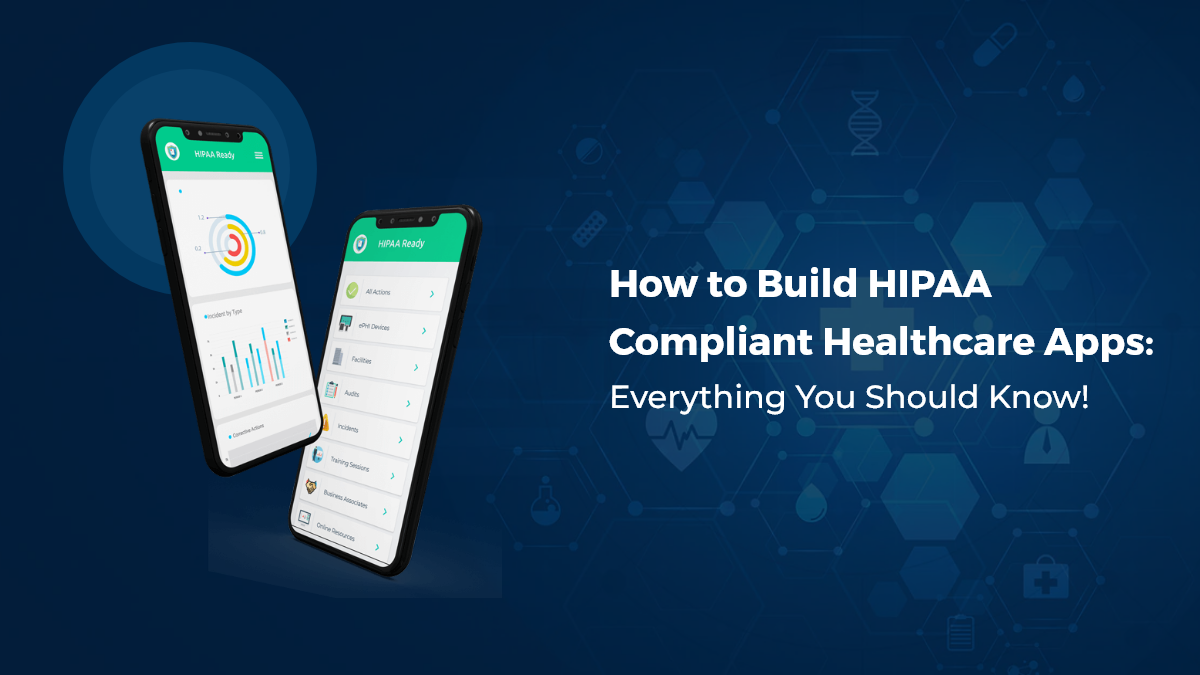
If you’re in the healthcare industry, then you know that data privacy and security are of utmost importance. In order to protect patients’ information, the Health Insurance Portability and

Application development is essential to fostering business efficiency while accepting new changes. Depending on the specific requirements, 85% of businesses rely on software development solutions to s

The mobile app market has grown to a staggering size, with over 1.8 million apps available in the Google Play Store and Apple App Store combined. Mobile apps have become a necessity for people worldwi

The two hottest frameworks in the mobile app development world are Flutter and React Native. They’re both cross-platform solutions that allow you to write code once and deploy it to Android and

Have you ever found yourself in a situation where you desperately needed a product or service but didn't have the time or energy to go out and get it? Well, fear no more because on-demand delivery app
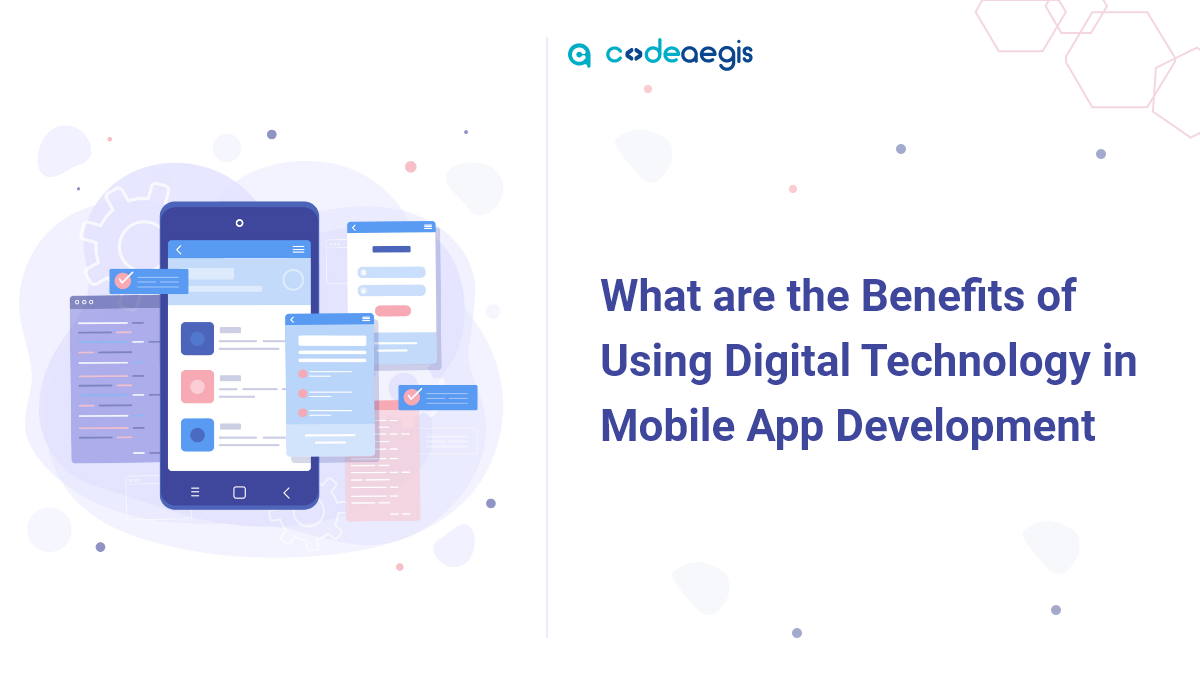
With the ubiquity of smartphones and tablets, it only makes sense that mobile app development - which is the process of creating applications for smartphones and tablet devices - is becoming more popu

As the world of startups becomes increasingly competitive, building an MVP is crucial for entrepreneurs looking to test their ideas and launch successful businesses. By creating a minimum viable prod

Want to establish a new business or improve an existing one? You should consider using blockchain technology Being a distributed database, Blockchain allows for secure online transactions. This techn

Mobile applications have dominated the market, helping businesses to reinforce their full potential. Not only for the rental business, but mobile apps play a critical role in establishing a solid foun

The gaming industry is proliferating with the advent of smartphones and PCs. Every age group, from children to adults, is well-engaged and fond of online gaming. The rapid evolution of mobile gaming a
The beacon technology market was valued at 519.6 million U.S. dollars in 2016, and it was estimated to increase at a CAGR of 59.8% to reach about 56.6 billion U.S. dollars in size in 2026. Throughout

Businesses after COVID are going through several changes, and the food industry is no different. Restaurants that have been doing dine-in are now struggling to keep up with the demand for delivery and

Generative AI? Is this still a question mark to you? If you don’t know what generative AI does, that would be a fair question, but it was not if you said that you haven’t interacted with

Over-the-top (OTT) platforms like Disney Plus, Netflix, and Prime Video have gradually captured attention as traditional TV-watching methods have faded. Throughout the year, OTT platforms have created

DeFi is a new kind of investment that’s taking the world by storm. So what is it? Essentially, DeFi is a digital asset class that allows you to invest in cryptocurrencies and other digital asset

If you’re planning to enter the fast-growing fantasy sports market, one of the most critical aspects considered is “What will it cost to build a fantasy sport that stands out and drives t
Leave a Reply
Your email address will not be publishedDO YOU HAVE ANY PROJECT
Let's Talk About Business Solutions With Us
India Address
57A, 4th Floor, E Block, Sector 63, Noida, Uttar Pradesh 201301
Call Us
+91 853 500 8008
Email ID
[email protected]











